Topic

Umbrellas
An umbrella or parasol is a folding canopy supported by wooden or metal ribs that is mounted on a wooden, metal, or plastic pole. It is usually designed to protect a person against rain. The term umbrella is traditionally used when protecting oneself from rain, while parasol is used when protecting oneself from sunlight, though the terms continue to be used interchangeably. Often the difference is the material used for the canopy; some parasols are not waterproof, and some umbrellas are transparent. Umbrella canopies may be made of fabric or flexible plastic. There are also combinations of parasol and umbrella that are called en-tout-cas (French for "in any case").

Undergarments
Underwear, underclothing, or undergarments are items of clothing worn beneath outer clothes, usually in direct contact with the skin, although they may comprise more than a single layer. They serve to keep outer clothing from being soiled or damaged by bodily excretions, to lessen the friction of outerwear against the skin, to shape the body, and to provide concealment or support for parts of it. In cold weather, long underwear is sometimes worn to provide additional warmth. Special types of undergarments have religious significance. Some items of clothing are designed as undergarments, while others, such as T-shirts and certain types of shorts, are appropriate both as underwear and outerwear. If made of suitable material or textile, some underwear can serve as nightwear or swimwear, and some undergarments are intended for sexual attraction or visual appeal.
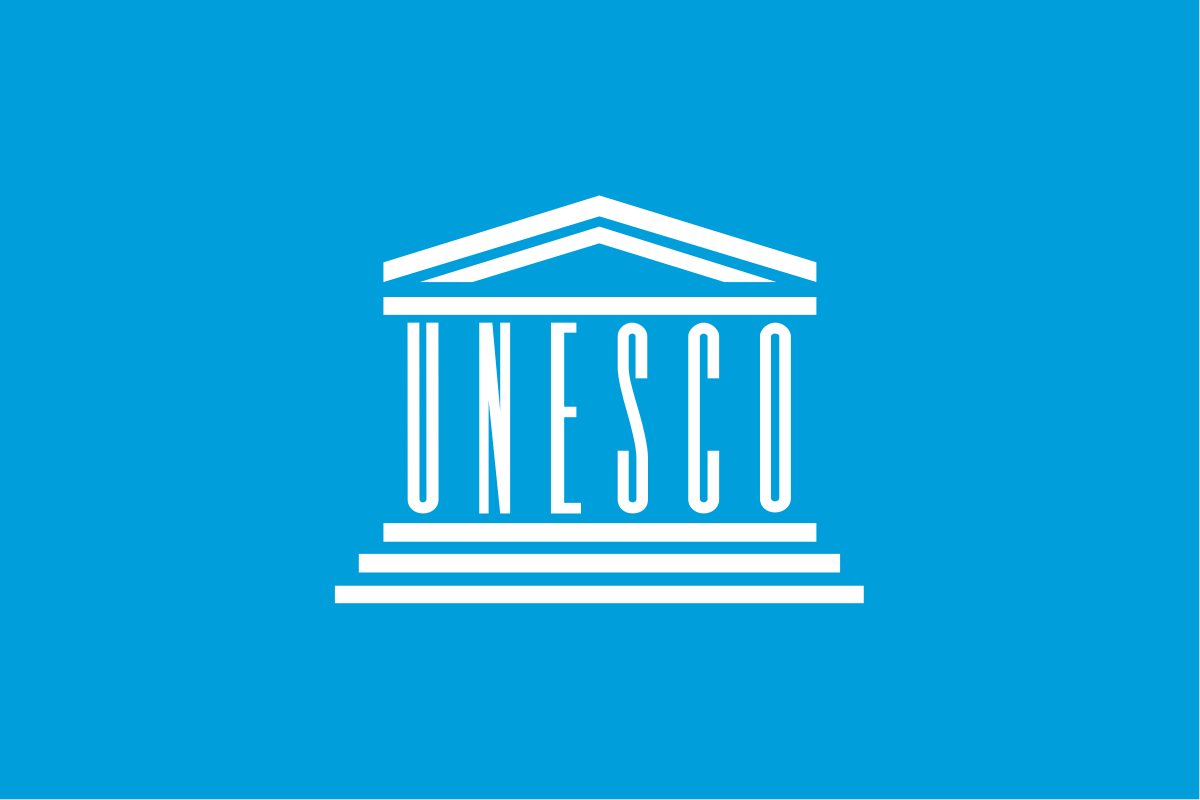
UNESCO
The United Nations Educational, Scientific and Cultural Organization (UNESCO; pronounced /juːˈnɛskoʊ/) is a specialized agency of the United Nations (UN) with the aim of promoting world peace and security through international cooperation in education, arts, sciences and culture. It has 194 member states and 12 associate members,as well as partners in the non-governmental, intergovernmental and private sector. Headquartered in Paris, France, UNESCO has 53 regional field offices and 199 national commissions
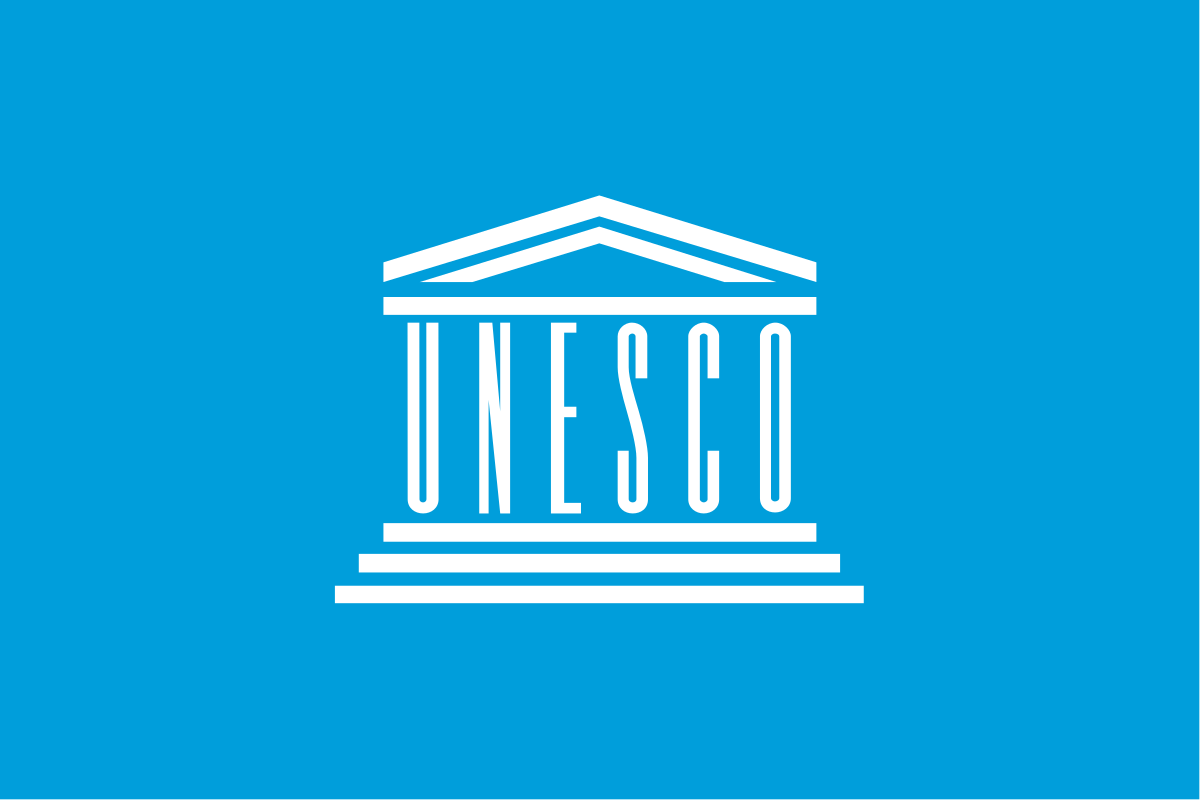
UNESCO World Heritage Sites
The United Nations Educational, Scientific and Cultural Organization (UNESCO; pronounced /juːˈnɛskoʊ/) is a specialized agency of the United Nations (UN) with the aim of promoting world peace and security through international cooperation in education, arts, sciences and culture. It has 194 member states and 12 associate members,as well as partners in the non-governmental, intergovernmental and private sector. Headquartered in Paris, France, UNESCO has 53 regional field offices and 199 national commissions
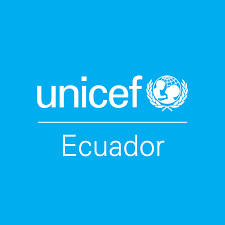
UNICEF
UNICEF (/ˈjuːniˌsɛf/ YOO-nee-SEF), originally the United Nations International Children's Emergency Fund, officially United Nations Children's Fund since 1953, is an agency of the United Nations responsible for providing humanitarian and developmental aid to children worldwide. The organization is one of the most widely known and visible social welfare entities globally, operating in 192 countries and territories. UNICEF's activities include providing immunizations and disease prevention, administering treatment for children and mothers with HIV, enhancing childhood and maternal nutrition, improving sanitation, promoting education, and providing emergency relief in response to disasters

Uniforms
A uniform is a variety of costume worn by members of an organization while usually participating in that organization's activity. Modern uniforms are most often worn by armed forces and paramilitary organizations such as police, emergency services, security guards, in some workplaces and schools, and by inmates in prisons. In some countries, some other officials also wear uniforms in their duties; such is the case of the Commissioned Corps of the United States Public Health Service or the French prefects. For some organizations, such as police, it may be illegal for non-members to wear the uniform.
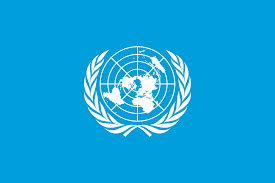
United Nations
The United Nations (UN) is a diplomatic and political international organization with the intended purpose of maintaining international peace and security, developing friendly relations among nations, achieving international cooperation, and serving as a center for coordinating the actions of member nations. It is widely recognised as the world's largest international organization. The UN is headquartered in New York City, in international territory with certain privileges extraterritorial to the United States, and the UN has other offices in Geneva, Nairobi, Vienna, and The Hague, where the International Court of Justice is headquartered at the Peace Palace.

Universities
A university (from Latin universitas 'a whole') is an institution of higher (or tertiary) education and research which awards academic degrees in several academic disciplines. University is derived from the Latin phrase universitas magistrorum et scholarium, which roughly means "community of teachers and scholars". Universities typically offer both undergraduate and postgraduate programs.
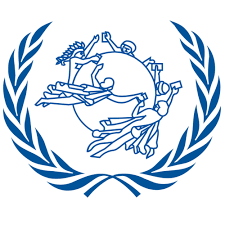
UPU
The Universal Postal Union (UPU, French: Union postale universelle) is a specialized agency of the United Nations (UN) that coordinates postal policies among member nations and facilitates a uniform worldwide postal system. It comprises 192 member states and is headquartered in Bern, Switzerland

Utilities
A public utility company (usually just utility) is an organization that maintains the infrastructure for a public service (often also providing a service using that infrastructure). Public utilities are subject to forms of public control and regulation ranging from local community-based groups to statewide government monopolies.

Valentine's Day
Valentine's Day, also called Saint Valentine's Day or the Feast of Saint Valentine, is celebrated annually on February 14. It originated as a Christian feast day honoring a martyr named Valentine, and through later folk traditions it has also become a significant cultural, religious and commercial celebration of romance and love in many regions of the world.

Vegetables
Vegetables are parts of plants that are consumed by humans or other animals as food. The original meaning is still commonly used and is applied to plants collectively to refer to all edible plant matter, including the flowers, fruits, stems, leaves, roots, and seeds. An alternative definition of the term is applied somewhat arbitrarily, often by culinary and cultural tradition. It may exclude foods derived from some plants that are fruits, flowers, nuts, and cereal grains, but include savoury fruits such as tomatoes and courgettes, flowers such as broccoli, and seeds such as pulses.

Vehicles
A vehicle (from Latin: vehiculum) is a mobile machine that transports people or cargo. Typical vehicles include wagons, bicycles, motor vehicles (motorcycles, trucks, buses), railed vehicles (trains, trams), watercraft (ships, boats), aircraft and spacecraft. Land vehicles are classified broadly by what is used to apply steering and drive forces against the ground: wheeled, tracked, railed or skied. ISO 3833-1977 is the standard, also internationally used in legislation, for road vehicles types, terms and definitions.

Video Games
A video game, also known as a computer game or just a game, is an electronic game that involves interaction with a user interface or input device (such as a joystick, controller, keyboard, or motion sensing device) to generate visual feedback from a display device, most commonly shown in a video format on a television set, computer monitor, flat-panel display or touchscreen on handheld devices, or a virtual reality headset. Most modern video games are audiovisual, with audio complement delivered through speakers or headphones, and sometimes also with other types of sensory feedback (e.g., haptic technology that provides tactile sensations). Some video games also allow microphone and webcam inputs for in-game chatting and livestreaming.

Viticulture
Viticulture (Latin: vitis cultura, "vine-growing"), viniculture (vinis cultura, "wine-growing"), or winegrowing is the cultivation and harvesting of grapes. It is a branch of the science of horticulture. While the native territory of Vitis vinifera, the common grape vine, ranges from Western Europe to the Persian shores of the Caspian Sea, the vine has demonstrated high levels of adaptability to new environments, hence viticulture can be found on every continent except Antarctica.


